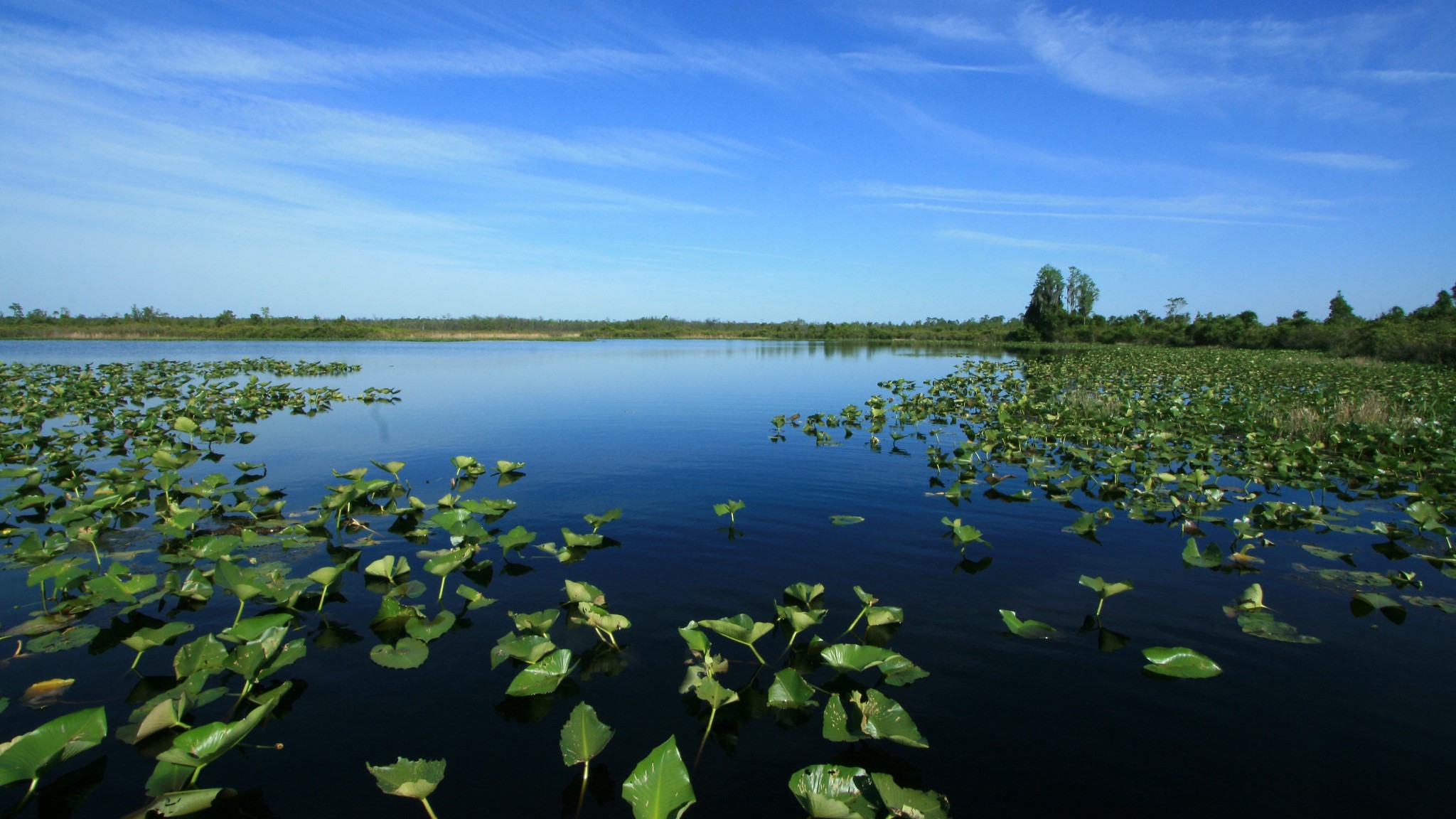Former Global Change Fellow Completes Estuarine Vulnerability Project under Science to Action Fellowship

After her time as a 2019-20 SE CASC Global Change Fellow, Lise Montefiore became a USGS CASC Science to Action Fellow where she pursued her research project, Mapping Estuarine Vulnerability to Water Quality Change Under Future Climate and Land Use Conditions.
Project Information
Title: Mapping Estuarine Vulnerability to Water Quality Change Under Future Climate and Land Use Conditions
Investigators: Lise Montefiore (Natrx), Natalie Nelson (NCSU), Michelle Staudinger (NE CASC)
Overview
Estuaries are bodies of water located where rivers meet the sea. These unique ecosystems are among the most productive systems on Earth and provide ecological (e.g., species habitat), cultural (e.g., recreation), and economic (e.g., fisheries, tourism) benefits. However, these systems are facing many adverse impacts. In particular, land use and climate change can alter the quantity and quality of riverine discharges to estuaries, thereby contributing to shifts in estuarine ecosystem health. For example, climate-driven shifts in precipitation patterns in agricultural watersheds can result in an abundance of fertilizer runoff being delivered to downstream estuaries, leading to eutrophication. Lise developed a national-scale, interactive, web-based data visualization application displaying the vulnerability of U.S. estuarine systems to projected water quality change. The vulnerability map can produce critical information to identify estuarine systems at higher risk of degradation in the future.
Project details and products:
- Science to Action Fellowship Completion Report
- Publication: Vulnerability of Estuarine Systems in the Contiguous United States to Water Quality Change Under Future Climate and Land-Use
- Estuarine Vulnerability to Water Quality Change Shiny App
Relevant web posts:
View a Science Seminar related to the project:
- Categories:
